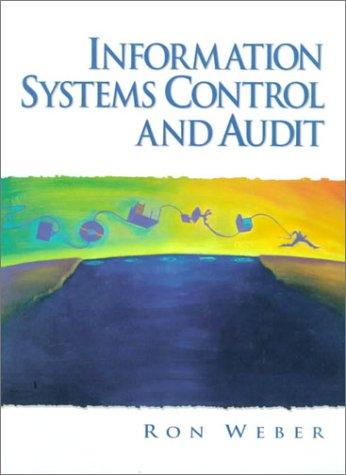Question 11 This question is divided into two parts. Be sure to answer both parts. (a) Grant flew to Sydney from Auckland on business. Before leaving he paid $100 to Parkcare, a long term parking company based at the airport to look after his car while he was away. As part of the contract Parkcare was to thoroughly clean his car and to arrange for a shuttle to pick him up on his return and to transfer him to the Parkcare parking lot for him to collect his car. On Friday night when Grant returned as scheduled there was no shuttle waiting for him. He hired a taxi and when he arrived at the parking lot he found no one there and the gates locked. He tried phoning the Parkcare telephone number but only received a recorded message saying to phone back on Monday morning as the office was closed. He was unable to recover his car. As a result Grant was forced to spend the weekend at an airport hotel as his home is in Rotorua. He has spent $40 on taxi fares and $400 on accommodation. His partner Robin is angry with him for spending the weekend in Auckland without her. Grant has had to take part in expensive relationship counselling sessions as Robin accuses him of being unfaithful. She calls his excuse of not having his car proof of his infidelity. The counselling sessions cost $500. Grant wants to know whether he has a claim against Parkcare for damages and for how much. 5 marks (b) Wellington City Council purchased five (5) new electric buses from Weka Motor Bodies (NZ) Ltd for $5m. The Council intended to use the buses in Central Wellington which is very hilly. Its streets are some of the steepest in the world. Weka knew the buses were going to be used in Wellington but the Council did not tell Weka and Weka did not ask where precisely in Wellington the buses would be used. The buses were able to climb the Central Wellington streets but they needed to be recharged once during the day and once at night whereas, if they had been used in Christchurch, which is very flat, they would only have had to be charged at night when out of service. As a result, the buses were of no use to the Council because it is uneconomic for any bus operator to interrupt its services during the day for charging. It had to cut its losses by putting the buses up for public auction at which they were knocked down to the Christchurch City Council for $3m. Explain with reasons and relevant authorities whether or not Weka broke one or more of the implied conditions under the Contract and Commercial Law Act 2017, ss 136, 138 and 139 and, if so, what damages the Wellington City Council would be entitled to get? 10 marks








